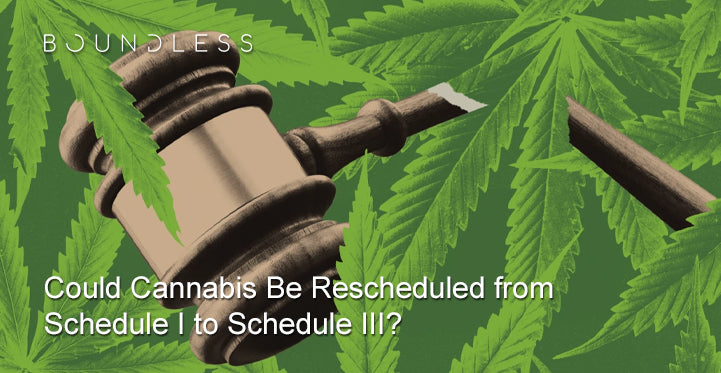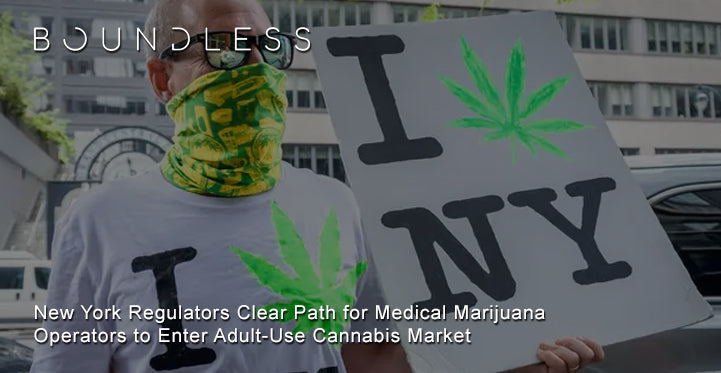You may have come across the recent headline-making news suggesting that there could be a change in the scheduling of cannabis, potentially shifting it from Schedule I to Schedule III. Here's a breakdown of what this development entails. However, it's crucial to understand that rescheduling doesn't equate to full legalization but rather represents a step towards rationalizing an illogical system.
To begin with, let's clarify what "scheduling" means. It's a system by which the federal government classifies drugs. Under the Controlled Substances Act, drugs are categorized into five "schedules," ranked according to the government's perception of their severity. Schedule I stands as the most restrictive category, encompassing substances that, according to the government, lack accepted medical applications and carry a high potential for abuse. Interestingly, this puts cannabis, commonly known as weed, in the same category as some substances that don't appear to belong there, such as heroin, LSD, and ecstasy. This incongruity raises questions about the logic of not only keeping cannabis illegal but also subjecting it to the harshest classification.
It's crucial to note that rescheduling cannabis won't result in federal legalization, despite many states in the U.S. already having taken that logical step. However, it would alleviate some of the restrictions associated with Schedule I status, which have hindered both research and legal cannabis-related businesses. For instance, federal law currently denies tax deductions to businesses dealing with substances classified under Schedules I or II; transitioning to Schedule III would ease this financial burden.
So, if cannabis were to move to Schedule III, what company would it keep? This category includes substances considered to have a moderate-to-low potential for dependence. It's a mixed bag that includes ketamine, anabolic steroids, and Tylenol with codeine, among others.
The reason we're discussing rescheduling as a possibility is that it hasn't happened yet. Following President Joe Biden's request for a review, the Department of Health and Human Services recommended the shift to Schedule III. The final decision, however, rests with the Drug Enforcement Administration (DEA). In a somewhat absurd twist of the drug war narrative, the enforcement authorities will ultimately determine the plant's classification.
There appears to be no compelling reason for the DEA to reject rescheduling, but there hasn't been a good rationale for keeping cannabis on Schedule I for so long either.
It's essential to emphasize that moving cannabis to Schedule III wouldn't dismantle the drug war or address the myriad issues created unnecessarily by prohibition. Descheduling, or removing cannabis from the government's list of controlled substances, would align better with President Biden's stated criminal justice objectives and make more sense.
Nevertheless, even this modest step of rescheduling would be historic, if only due to the historical absurdity that has kept cannabis on Schedule I until now. The next significant development to watch for is whether the DEA will take this step.



Leave a comment
This site is protected by hCaptcha and the hCaptcha Privacy Policy and Terms of Service apply.